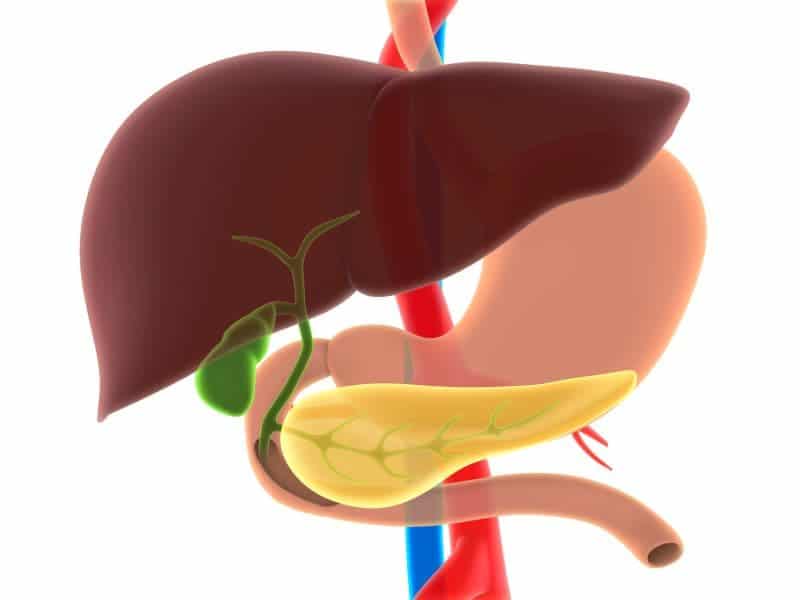TUESDAY, May 28, 2019 (HealthDay News) — Many patients with noncurable pancreatic adenocarcinoma do not have a specialized cancer consultation and most do not receive cancer-directed therapy, according to a study published online May 27 in CMAJ, the journal of the Canadian Medical Association.
Michail N. Mavros, M.D., from the University of Toronto, and colleagues conducted a population-based analysis of noncurative pancreatic adenocarcinoma diagnosed during 2005 to 2016. The authors examined the use of specialized cancer consultation with hepato-pancreatico-biliary surgery and medical and radiation oncology.
The researchers found that 64.9, 35.1, and 24.7 percent of the 10,880 patients had a consultation with specialists in medical oncology, hepato-pancreatico-biliary surgery, and radiation oncology, respectively. No sociodemographic characteristics were associated with the likelihood of medical oncology consultation. Overall, 4,144 patients received cancer-directed therapy, representing 38.1 and 58.6 percent of all patients and of those who consulted with medical oncology, respectively. A total of 44.4 percent of the 6,737 patients not receiving cancer-directed therapy had a consultation with medical oncology. Independent associations were observed for older age and lowest income quintile with a lower likelihood of cancer-directed therapy. The likelihood of cancer-directed therapy was significantly higher for first specialized cancer consultation with medical or radiation oncology versus surgery.
“We have highlighted the potential under-assessment of patients with noncurative pancreatic adenocarcinoma that can serve as the rationale and foundation for future research, and the design of pathways and policies to optimize the delivery of equitable patient-centered care,” the authors write.
Two authors disclosed financial ties to the biopharmaceutical industry.
Copyright © 2019 HealthDay. All rights reserved.



